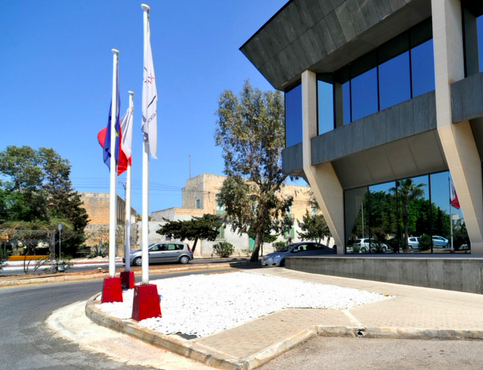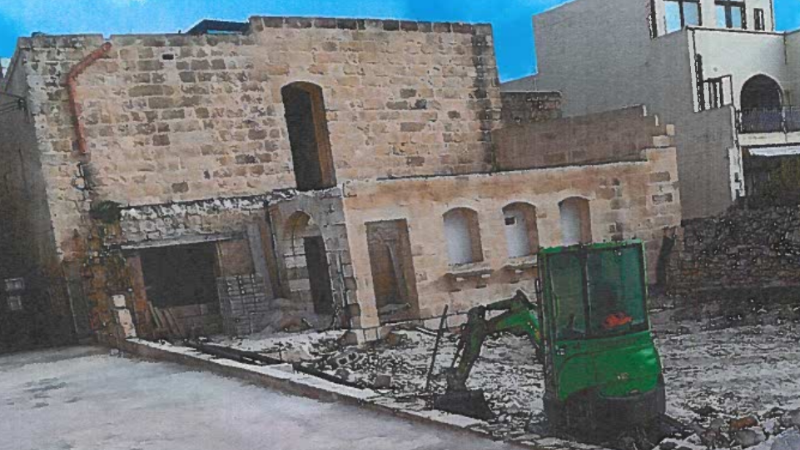The soundness of Malta’s banking sector has deteriorated according to the latest World Economic Forum’s Global Competitiveness Report.
Although Malta marginally improved its index (from 68.4 to 68.8) it kept the same rank from the previous year at 36th.
While Malta registered a marked improvement in ICT adoption and innovation, Malta fared worse in a number of sectors, including institutions, infrastructure, labour market and financial system.
Among others, Malta lost 6 points in the soundness of banks test. This comes as Satabank was the latest private bank to be put under administration.
Malta’s banking sector has faced a tumultuous period over the last few years, with the regulatory bodies and the country’s anti-money laundering provisions coming under increased criticism.
Earlier this month, EU Justice Commissioner Vera Jourova told The Financial Times that Brussels is preparing to issue binding demands on Malta financial regulator after an EU watchdog found “systematic” weaknesses in its enforcement of anti-money laundering rules.
In March, the Malta Financial Services Authority appointed a “competent person” to take control of Pilatus Bank, whose owner Seyed Ali Sadr Hasheminejad was arrested in the US over sanction-busting and money-laundering charges.
In 2016, another small bank – Nemea Bank – was placed under administration and had its licence withdrawn the following year by the European Central Bank.
The 2018 Global Competitiveness Report assessed 140 economies and the report is made up of 98 variables, from a combination of data from international organisations as well as from the World Economic Forum’s Executive Opinion Survey.
The variables are organised into twelve pillars with the most important including: institutions; infrastructure; ICT adoption; macroeconomic stability; health; skills; product market; labour market; financial system; market size; business dynamism; and innovation capability.
In the institutions pillar, Malta regressed in a number of indicators such as security, checks and balances, property rights and corporate governance. On the other hand it improved its score public service performance and transparency.
Malta also lost ground in terms of infrastructure, including transport and utility infrastructure.












